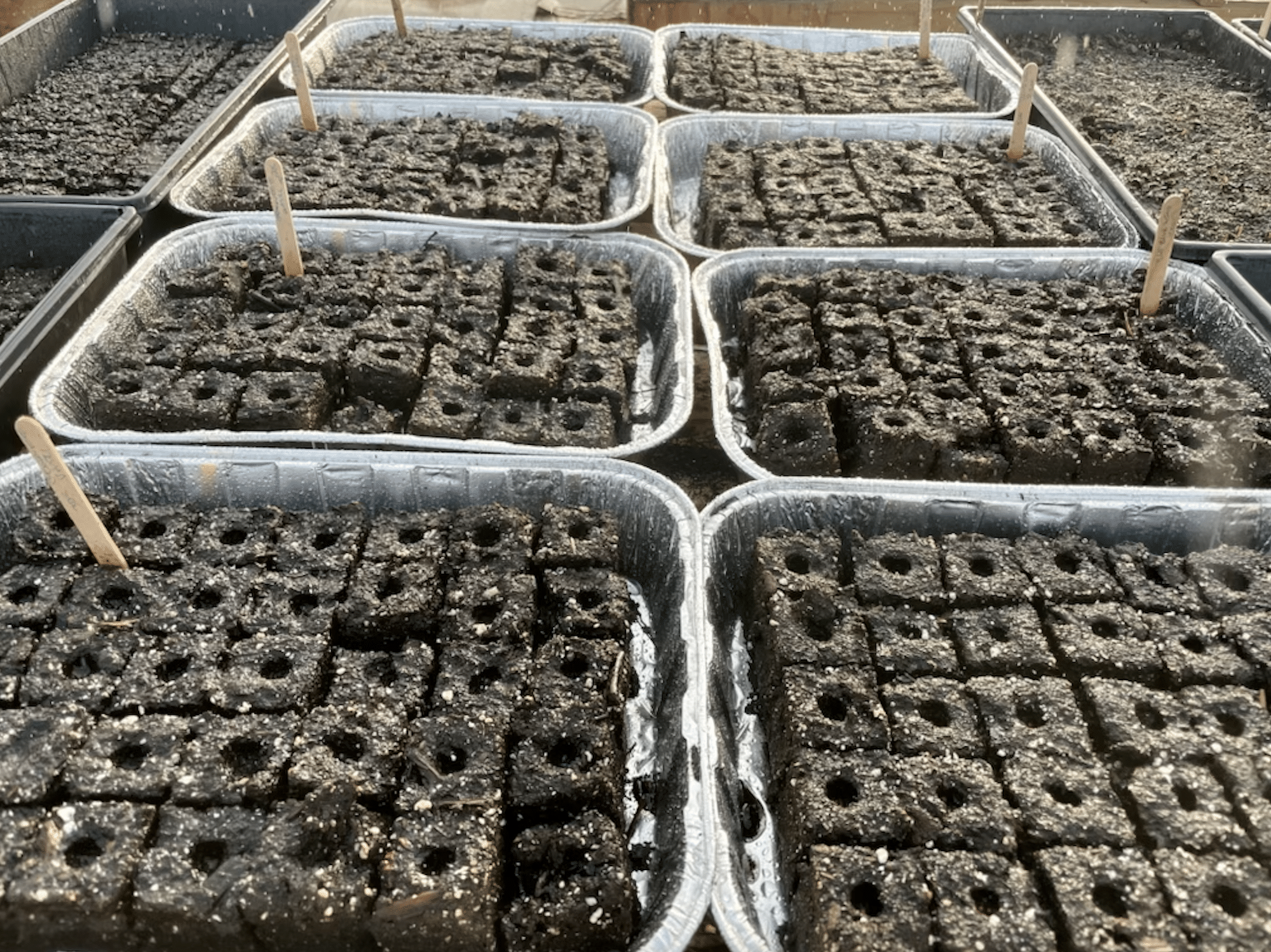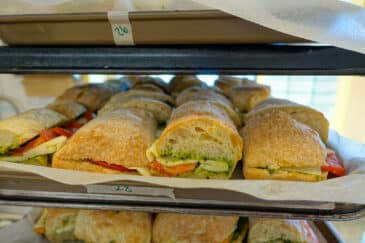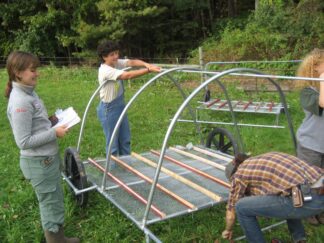Soil Blocking: Sustainable Seed Starting
May 14, 2023
2 min read
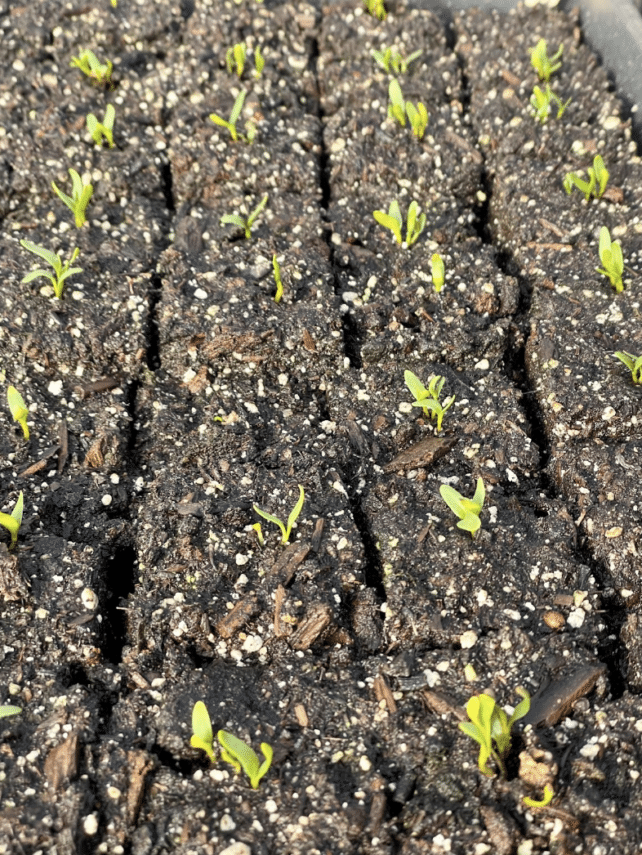
Camp Glen Brook’s long tradition and commitment to sustainability and ethical land stewardship has turned its gaze toward the dramatic reliance of plastics on market gardens, like the farm at Glen Brook. It’s difficult to conceptualize a farm devoid entirely of plastic, from mulches and ground cover, irrigation piping and drip tape, plastic cell trays, and all the other myriad ways that plastics show up on the farm, but nonetheless it is impossible to ignore the significant detriments of plastic use and consumption from their nature as a product derived from petroleum, the lack of realistic recyclability, and the shedding of microplastics.
While the use of plastic is so integrated into our lives, the growing climate and public health crises resulting, in part, from proliferate plastic use, indicates that industries globally must reevaluate their reliance on these materials. While Glen Brook as a whole has severely mitigated its plastic use, farming as a whole has demonstrated for quite some time a considerable reliance on these materials and the farm at Glen Brook has been no exception. While the farm is currently workshopping plastic reduction and elimination in a variety of ways, we have most noticeably started by examining our degrading collection of plastic cell and 1020 trays.
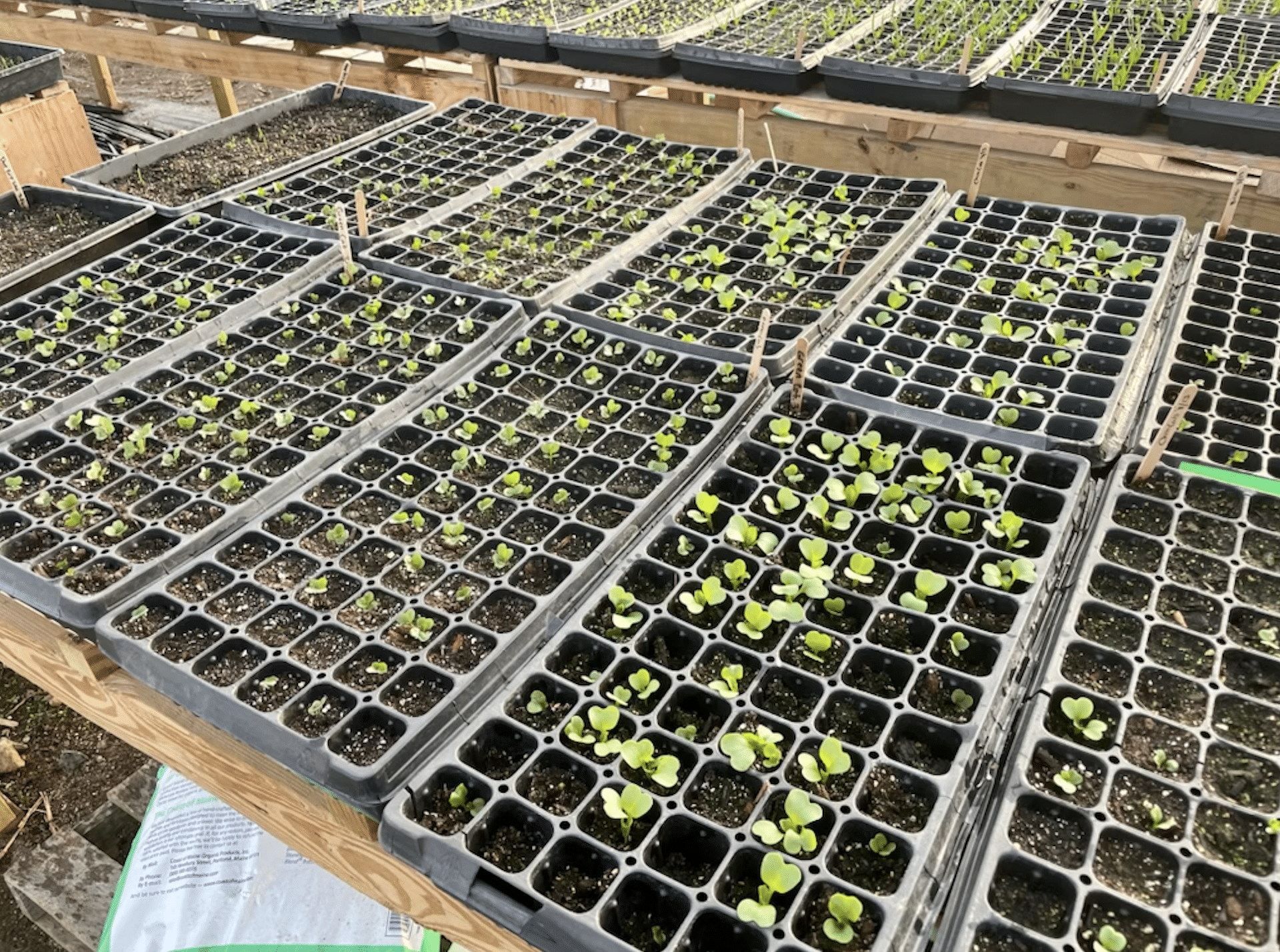
The most common method of starting seeds for transplant in home and market gardens is in plastic cell and 1020 trays. These trays, especially when purchased at the scale and economics necessitated by intensive market gardening, are often an inexpensive and flimsy plastic, less than 2 mm in thickness and guaranteed to last no longer than one to two growing seasons. The continued purchase and disposal of these trays is reason enough to shift away from their use, but combined with the inevitable shedding of microplastics, exacerbated by the heat of a covered propagation house, into young seedlings intended for transplant demands a sustainable and alternative solution.
Glen Brook, to address our growing concerns with these plastic cell trays, has invested in a series of soil blocking devices, pioneered by such progenitors, like Eliot Coleman, of ever better organic and sustainable farming practices guided by the ongoing research of extension offices, NRCS (Natural Resources Conservation Service), and farmers themselves among myriad others. Soil blockers are ingeniously simple, stainless steel devices that work by compressing potting mix into blocks of soil with small impressions, or dibbles, ready to receive seeds. These blocks, which replace cell trays, have historically still been placed in plastic 1020s or other plastic trays to facilitate watering and transport, however, Glen Brook is currently experimenting with “disposable” aluminum roasting pans, just like the ones you would find at the grocery store for roasting a chicken or bringing over a dish to the friend or family member who never returns your good cookware.
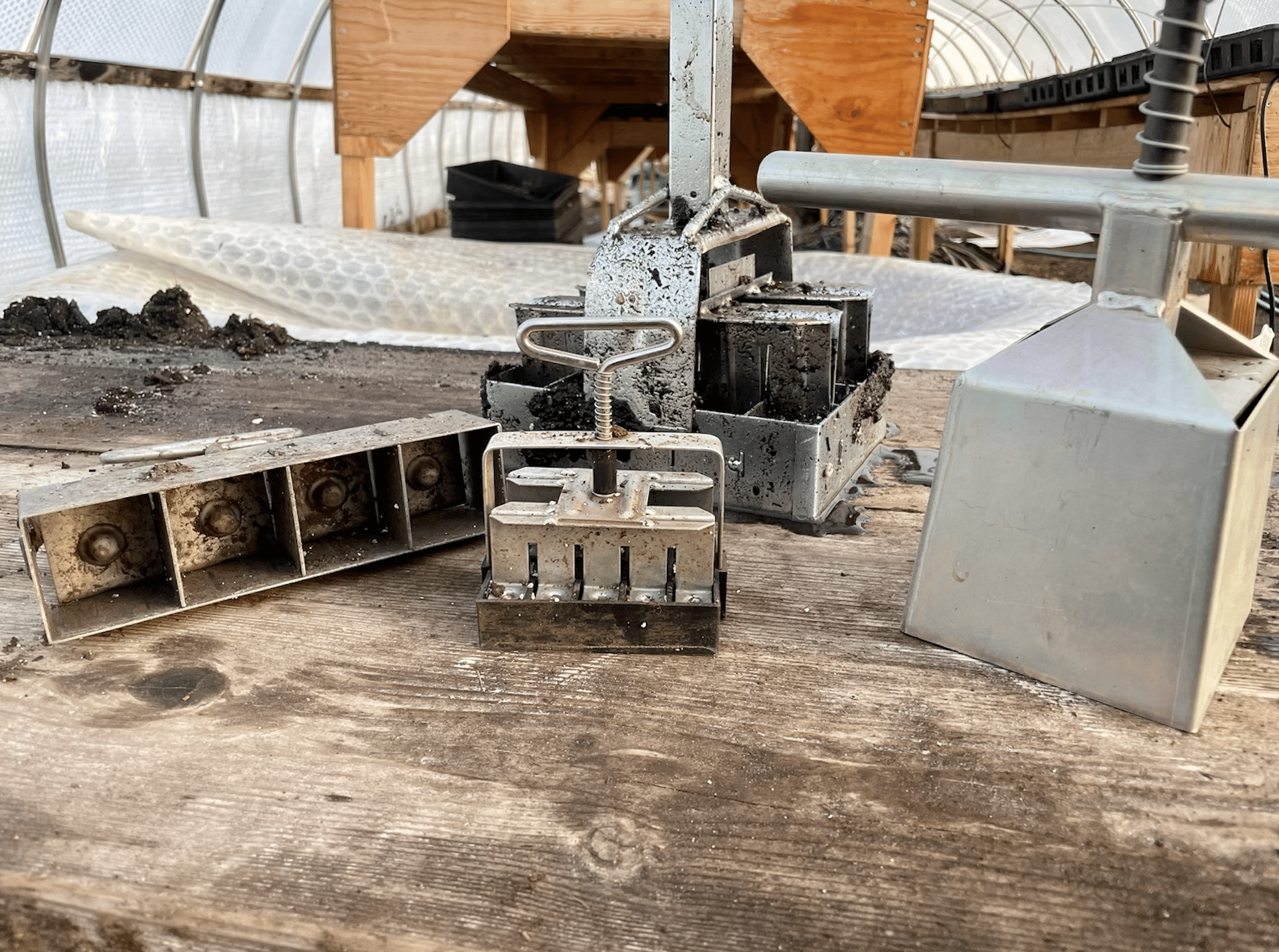
The use of these soil blockers has allowed us to replace in one fell swoop our reliance on plastic in the seeding process for a modest investment and projected excellent ROI (return on investment). In addition to unencumbering ourselves from the burden of plastic we have also invested in a technology that is shown to produce healthier and stronger transplants. Due to the mechanics of soil blocking roots, as they reach the edge of the blocks stop growing in a process known as air pruning, as opposed to circling endlessly around themselves as they do in a plastic cell. Because these blocks do not become root bound over time the growth of these plant starts are rapidly accelerated upon transplanting and significantly reduce the occurrence and significance of transplant shock.
Ultimately Glen Brook’s investment in soil blocking and aluminum trays represents a modest expense that will dramatically reduce our reliance on plastic in one of the locations where a farm typically experiences the highest occurrence of such materials. Additionally, it eliminates the exposure of delicate and vulnerable seedlings to such an unsafe and unsustainable material while simultaneously increasingly their resiliency and health.
